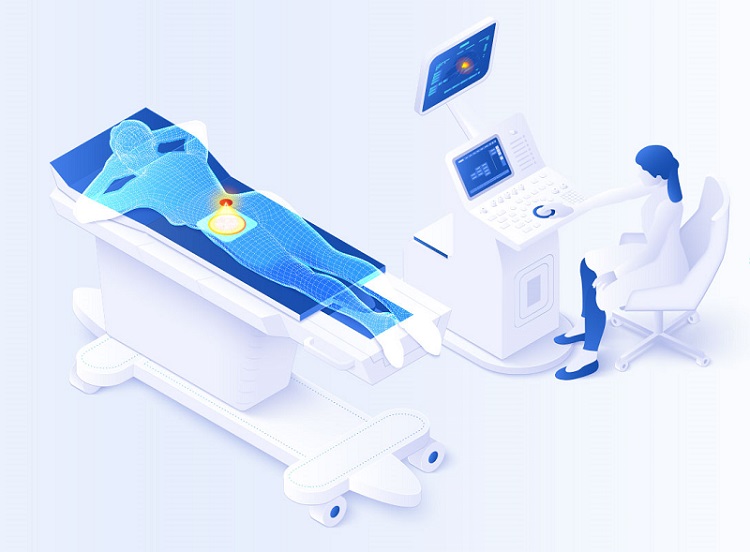Expo
view channel
view channel
view channel
view channel
view channel
view channel
view channel
RadiographyMRIUltrasoundNuclear Medicine
Imaging ITIndustry News
Events

- Artificial Intelligence Accurately Predicts Breast Cancer Years Before Diagnosis
- AI-Powered Chest X-Ray Detects Pulmonary Nodules Three Years Before Lung Cancer Symptoms
- AI Model Identifies Vertebral Compression Fractures in Chest Radiographs
- Advanced 3D Mammography Detects More Breast Cancers
- AI X-Ray Diagnostic Tool Offers Rapid Pediatric Fracture Detection
- MRI Predicts Patient Outcomes and Tumor Recurrence in Rectal Cancer Patients
- Portable MRI System Dramatically Cuts Time-To-Scan vs. Conventional MRI in Stroke Patients
- Novel Model Identifies Focal Cortical Dysplasia Lesion from MRI Scans
- AI-Enhanced MRI Improves Diagnosis of Brain Disorders
- New Cardiac MRI Strategy Guides Ablation Procedures for Complex Tachycardias
- New Photon-Counting CT Technique Diagnoses Osteoarthritis Before Symptoms Develop
- PSMA-PET Imaging Improves Outcomes for Patients with Recurrent Prostate Cancer
- PET Scan Based on Lizard Saliva Reliably Detects Benign Tumors in Pancreas
- New Radiotracer Could Be a Game Changer for Detection of Coronary Artery Disease
- Diagnostic Algorithm Distinguishes Between Alzheimer’s and Primary Tauopathy Using PET Scans
- New Guideline on Handling Endobronchial Ultrasound Transbronchial Needle Samples
- Groundbreaking Ultrasound-Guided Needle Insertion System Improves Medical Procedures
- Medical Imaging Breakthrough to Revolutionize Cancer and Arthritis Diagnosis
- Ultrasound Test Detects Ovarian Cancer in Postmenopausal Women with Highest Accuracy Of 96%
- Ultrasound-Activated Hydrogel Could Revolutionize Drug Delivery for Medical Applications
- Non-Invasive Imaging Technique Accurately Detects Aggressive Kidney Cancer
- AI Algorithm Reduces Unnecessary Radiation Exposure in Traumatic Neuroradiological CT Scans
- New Solution Enhances AI-Based Quality Control and Diagnosis in Medical Imaging
- AI Tool Detects Cervical Spine Fractures from CT Scans
- Flat Panel Detector Speeds Up Imaging and Diagnosis
- Global AI in Medical Diagnostics Market to Be Driven by Demand for Image Recognition in Radiology
- AI-Based Mammography Triage Software Helps Dramatically Improve Interpretation Process
- Artificial Intelligence (AI) Program Accurately Predicts Lung Cancer Risk from CT Images
- Image Management Platform Streamlines Treatment Plans
- AI Technology for Detecting Breast Cancer Receives CE Mark Approval
- Siemens and Medtronic Enter into Global Partnership for Advancing Spine Care Imaging Technologies
- RSNA 2024 Technical Exhibits to Showcase Latest Advances in Radiology
- Bracco Collaborates with Arrayus on Microbubble-Assisted Focused Ultrasound Therapy for Pancreatic Cancer
- Innovative Collaboration to Enhance Ischemic Stroke Detection and Elevate Standards in Diagnostic Imaging
- RSNA 2024 Registration Opens

Expo
 view channel
view channel
view channel
view channel
view channel
view channel
view channel
RadiographyMRIUltrasoundNuclear Medicine
Imaging ITIndustry News
Events
Advertise with Us
view channel
view channel
view channel
view channel
view channel
view channel
view channel
RadiographyMRIUltrasoundNuclear Medicine
Imaging ITIndustry News
Events
Advertise with Us


- Artificial Intelligence Accurately Predicts Breast Cancer Years Before Diagnosis
- AI-Powered Chest X-Ray Detects Pulmonary Nodules Three Years Before Lung Cancer Symptoms
- AI Model Identifies Vertebral Compression Fractures in Chest Radiographs
- Advanced 3D Mammography Detects More Breast Cancers
- AI X-Ray Diagnostic Tool Offers Rapid Pediatric Fracture Detection
- MRI Predicts Patient Outcomes and Tumor Recurrence in Rectal Cancer Patients
- Portable MRI System Dramatically Cuts Time-To-Scan vs. Conventional MRI in Stroke Patients
- Novel Model Identifies Focal Cortical Dysplasia Lesion from MRI Scans
- AI-Enhanced MRI Improves Diagnosis of Brain Disorders
- New Cardiac MRI Strategy Guides Ablation Procedures for Complex Tachycardias
- New Photon-Counting CT Technique Diagnoses Osteoarthritis Before Symptoms Develop
- PSMA-PET Imaging Improves Outcomes for Patients with Recurrent Prostate Cancer
- PET Scan Based on Lizard Saliva Reliably Detects Benign Tumors in Pancreas
- New Radiotracer Could Be a Game Changer for Detection of Coronary Artery Disease
- Diagnostic Algorithm Distinguishes Between Alzheimer’s and Primary Tauopathy Using PET Scans
- New Guideline on Handling Endobronchial Ultrasound Transbronchial Needle Samples
- Groundbreaking Ultrasound-Guided Needle Insertion System Improves Medical Procedures
- Medical Imaging Breakthrough to Revolutionize Cancer and Arthritis Diagnosis
- Ultrasound Test Detects Ovarian Cancer in Postmenopausal Women with Highest Accuracy Of 96%
- Ultrasound-Activated Hydrogel Could Revolutionize Drug Delivery for Medical Applications
- Non-Invasive Imaging Technique Accurately Detects Aggressive Kidney Cancer
- AI Algorithm Reduces Unnecessary Radiation Exposure in Traumatic Neuroradiological CT Scans
- New Solution Enhances AI-Based Quality Control and Diagnosis in Medical Imaging
- AI Tool Detects Cervical Spine Fractures from CT Scans
- Flat Panel Detector Speeds Up Imaging and Diagnosis
- Global AI in Medical Diagnostics Market to Be Driven by Demand for Image Recognition in Radiology
- AI-Based Mammography Triage Software Helps Dramatically Improve Interpretation Process
- Artificial Intelligence (AI) Program Accurately Predicts Lung Cancer Risk from CT Images
- Image Management Platform Streamlines Treatment Plans
- AI Technology for Detecting Breast Cancer Receives CE Mark Approval
- Siemens and Medtronic Enter into Global Partnership for Advancing Spine Care Imaging Technologies
- RSNA 2024 Technical Exhibits to Showcase Latest Advances in Radiology
- Bracco Collaborates with Arrayus on Microbubble-Assisted Focused Ultrasound Therapy for Pancreatic Cancer
- Innovative Collaboration to Enhance Ischemic Stroke Detection and Elevate Standards in Diagnostic Imaging
- RSNA 2024 Registration Opens






















 (1).jpg)
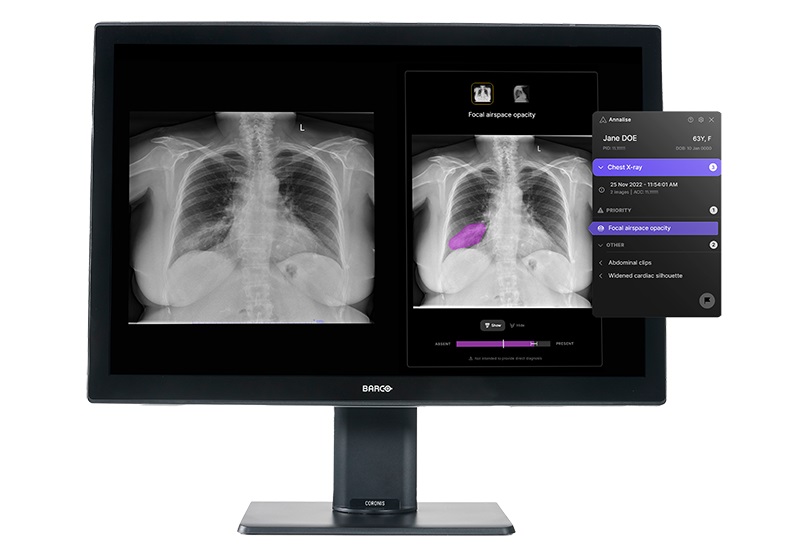
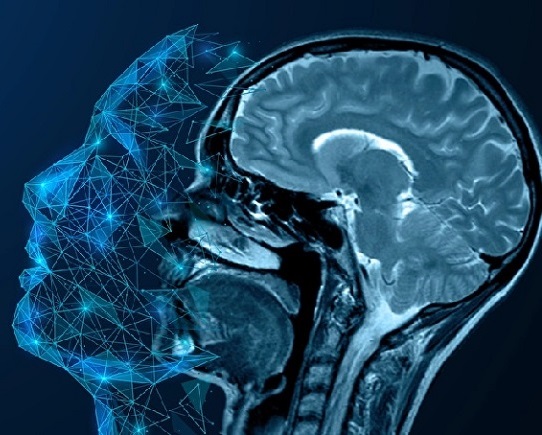
.jpeg)
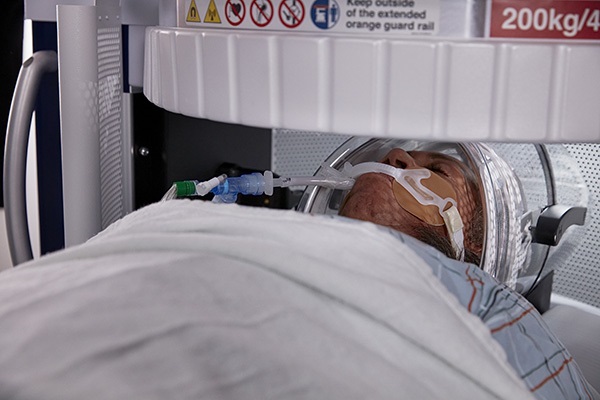
.jpg)
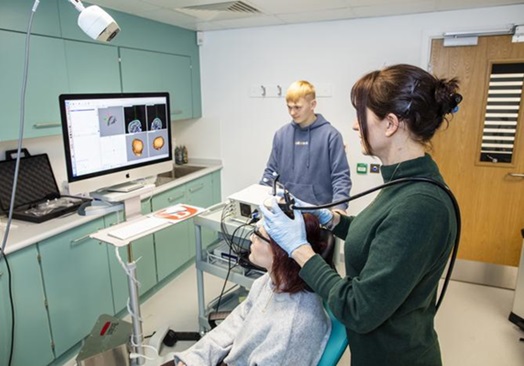
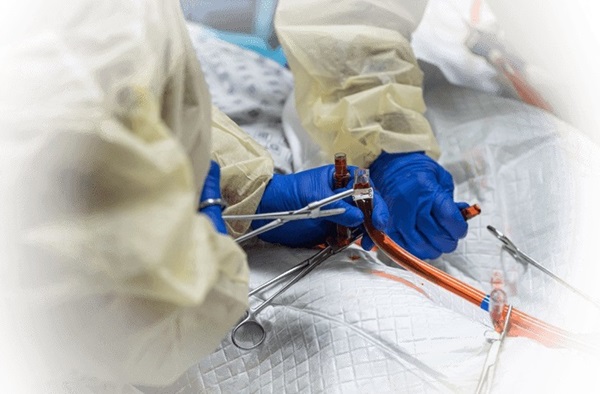
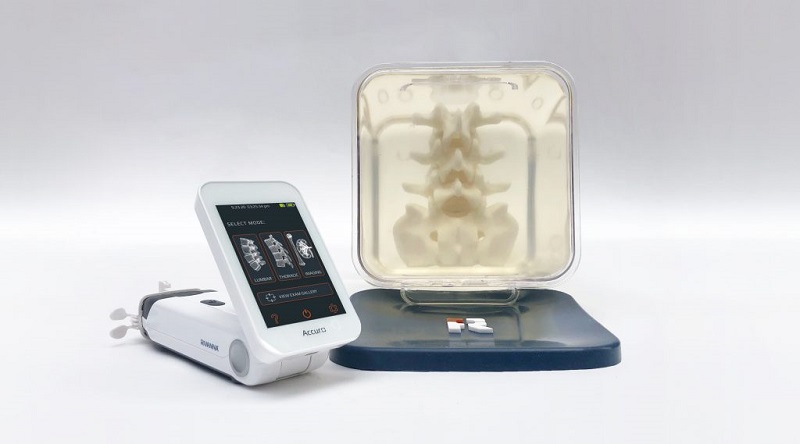
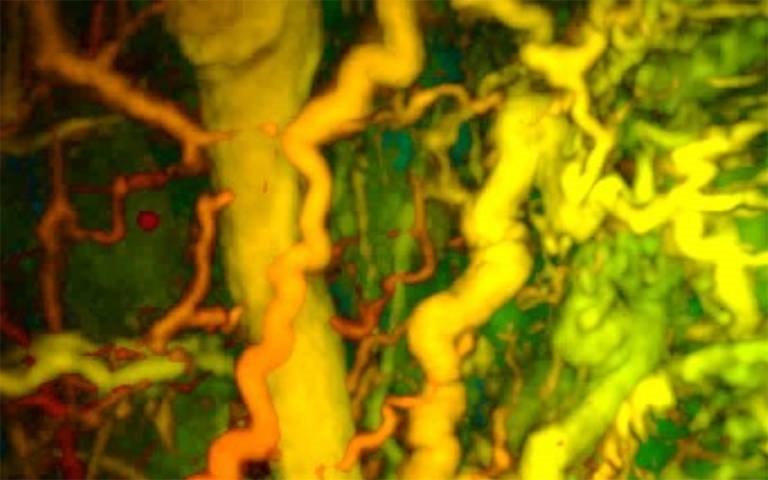
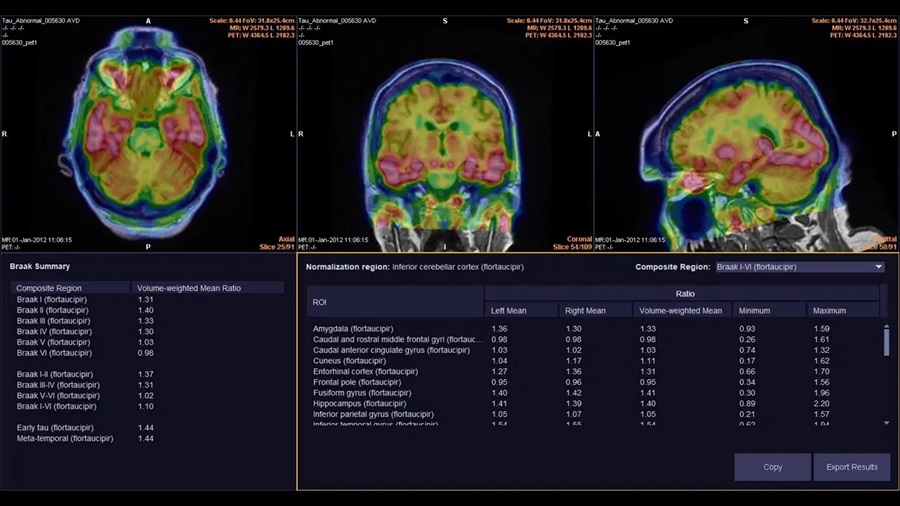
.jpg)
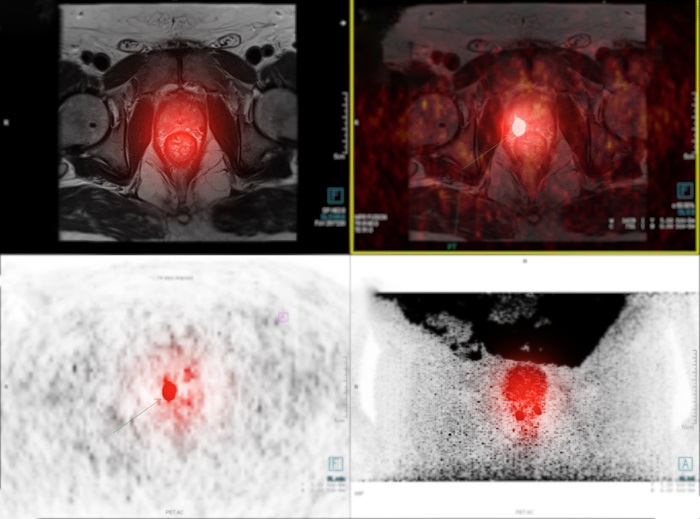





.jpeg)


